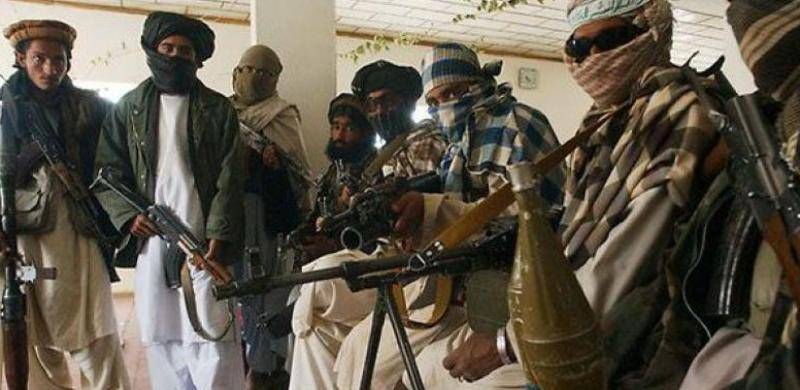
A bomb blast in Swat claimed the lives of the head of the local Aman Lashkar, two policemen and two locals on Tuesday. Banned terror outfit Tehreek-e-Taliban Pakistan (TTP) claimed responsibility for the attack.
Swat District Police Officer Zahid Marwat confirmed the incident and said that Aman Lashkar leader Idris Khan, his two police guards as well as two locals were killed in the bomb blast. Idris Khan was returning to his village after visiting Dagi village, which is situated seven kilometers away from Mingora, the central city of Swat. On his way back, his car was hit by a remote controlled bomb.
According to the press website of the Taliban, the Tehreek-e-Taliban Pakistan (TTP) had claimed the responsibility for the attack. Police have started investigating the incident.
The unfortunate incident comes amid reports of militants sighted in various hilly areas of Swat in the last few weeks, following which local people help protests demanding the government to establish peace in the region. In 2008 and 2009, Pakistani security forces conducted operations against the TTP in Swat and claimed that the area had been cleared of militants.
In a separate event, also on Tuesday, Swat Police said that TTP militants kidnapped seven farmers, including an engineer of a non-governmental mobile company in Chaparral region of Swat. Five of the abducted people were released later, while two are still in hostage. Local journalists claim that the commander of the militants has issued a warning in an audio message, saying that people who have helped the government, including activists of political parties, are being targeted.
For more than two months, there has been a ceasefire and negotiations between the government of Pakistan and militants. Negotiations between the government of Pakistan and the Taliban started in October of last year; the first engagement was between November 9th and December 9th, then in late May the TTP and a tribal jirga met in Afghanistan. Following this, a ceasefire was announced for an unknown period of time.
However, in recent months, attacks in Swat have been increasing, with the TTP claiming an attack on a check post in Mohmand — the terror organisation's 13th claim since September 2. The TTP claims that these attacks were carried out in self-defense, and that they do not accept responsibility for any attacks before September 2.
Journalism professor Dr. Irfan Ashraf, who teaches at the Peshawar University, says, "It appears that the situation here has gone back to the year 2001," adding, "Taliban regrouping in Swat, targeted killings were going on in Waziristan and people were killed in Tera. Although these incidents are small but still there is a lot of unrest and fear in the tribal ares, as locals have seen this face of terrorism before, and their houses have been destroyed because of it."
Both the Taliban and the government say that the ceasefire has not been broken, but the attacks continue. Analysts say that the increase in attacks and taking responsibility seems to indicate that the ceasefire has practically been broken. Researcher and reporter Rifat Orkazi says that it seems that the ceasefire has ended. "The cease-fire and negotiations were mediated by the Afghan Taliban, but the killings of other pro-Afghan scholars and Taliban, along with Dayman al-Zawahiri and Omar Khorasani, fueled these attacks and the agreement with government of Pakistan have been ignored," he said
The opposition parties in the Khyber Pakhtunkhwa Assembly have expressed concern over the ongoing security situation in the province, saying that the province has been handed over to the militants under the Pakistan Tehreek-e-Insaf (PTI) government. The opposition parties have requested the government to give a closed-door (in-camera) briefing on the ongoing security situation and security policy in the province. However, the ruling party PTI in the province has rejected the accusations of the opposition and says that, whenever the activities of the terrorism are detected, the police and other security forces take strict action against them.
During the Assembly meeting, the opposition parties severely criticized the ongoing security situation in the province and said that the peace situation is deteriorating day by day. Sardar Hussain Babak, the parliamentary leader of Awami National Party (ANP) in the K-P Assembly, said that the government 'does not have the courage to acknowledge the issue of insecurity'.
Since June, more than 155 people have been killed in 98 incidents to date in the incidents of insecurity in the tribal districts of Khyber Pakhtunkhwa, as per figures from the FATA Research Center. This includes 47 members of the security agencies, 55 local people and more than 50 militants. Although the ceasefire is supposedly still going on, researchers believe that both sides distrust each other, which has led to the security of the tribal districts deteriorating, and an increase in armed operations.

